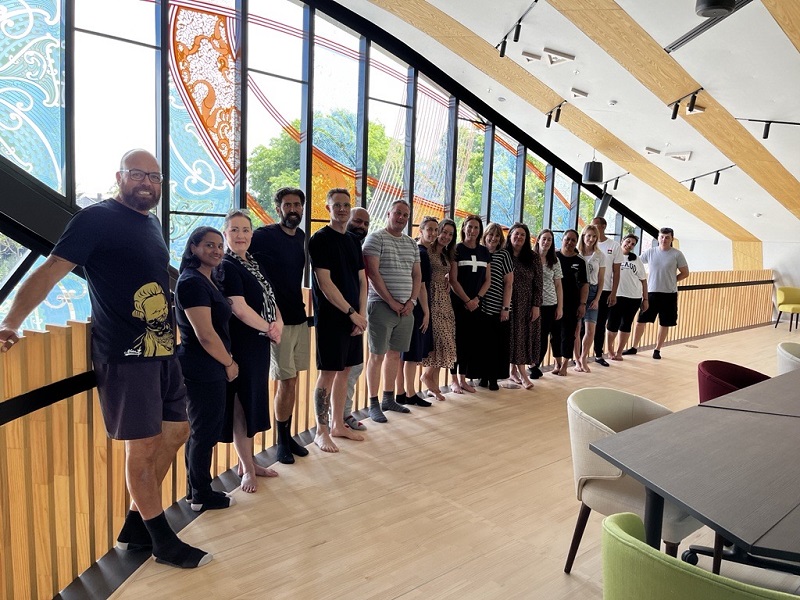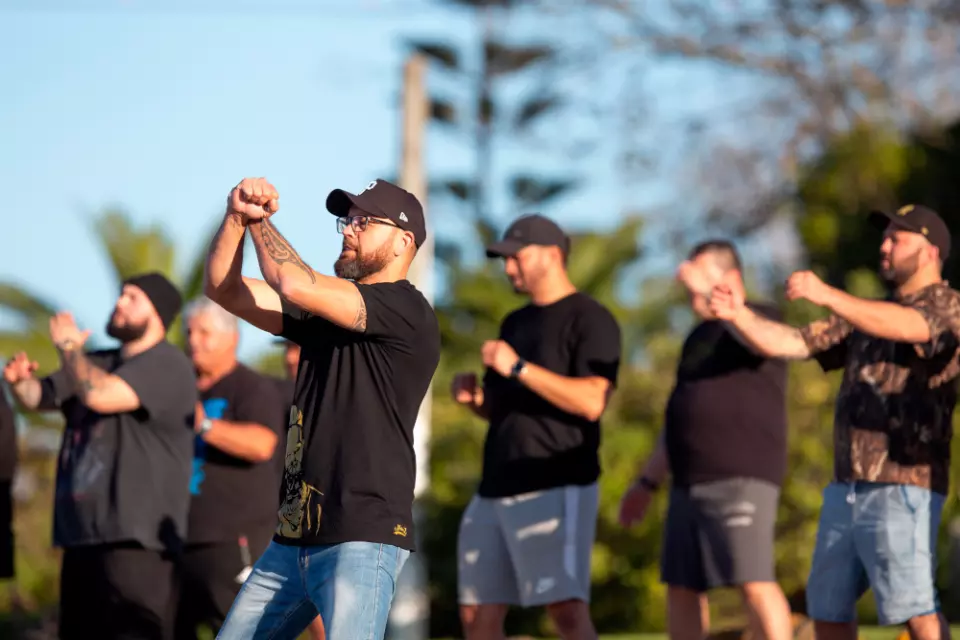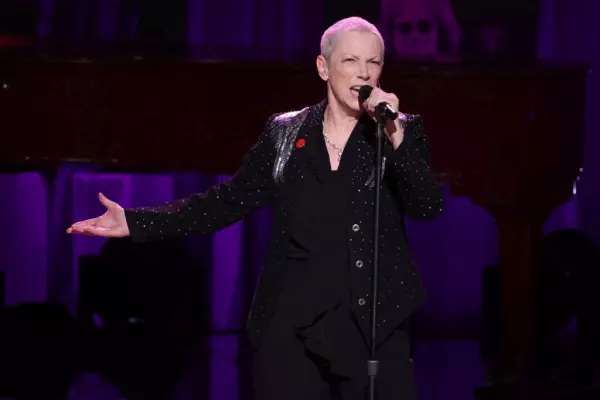Downer programme run “by Māori for Māori” changes his life.
When Jarrod Telford was tapped by his bosses at Downer to attend a Māori leadership programme, little did he realise the impact it would have on his life.
“I actually thought it might be a bit tokenistic at first and saw it as a way to get a couple of days off work,” he says. “But I was surprised; it was held on a marae, run by Māori for Māori, gave us a chance to celebrate our culture and showed the company valued Māori culture and tikanga.”
Nine years on and Telford credits the programme – Te Ara Whanake – for catapulting him into senior management at Downer, a large infrastructure service provider which employs around 33,000 people across 300 sites in New Zealand and Australia. The programme is funded and run in partnership with Te Puni Kōkiri.
Telford joined Downer in 2010 after spending nearly a decade in Europe “masquerading as a rugby player”, he says. "Rugby was my passport to have a good time and travel the world, but I eventually wanted to return home and start a family.”
Returning to New Zealand, he landed a job as an adult apprentice carpenter in Tauranga but was soon laid off in the fallout from the global financial crisis in 2008. Moving to Otaki to be closer to his family, he had an opportunity to work for Downer and the rest, as they say, is history.
After going through the programme, Telford started to grab the opportunities that materialised. He quickly rose to become a foreman, then supervisor on a major project. In 2018 he had the opportunity to be a facilitator of Te Ara Whanake full time, which led to him becoming Programme Manager. That role saw Telford lead, co-design and implement Te Ara Maramatanga, a course on understanding Māori culture for non-Māori Downer employees.
 He says there is no doubt the programme has been great for both his personal and professional development: “It showed me Downer were genuine and it instilled belief in me, gave me confidence I could bring my Māori self to work, enabled me to connect with my culture and gave me a real hunger to continue learning te reo Māori.”
He says there is no doubt the programme has been great for both his personal and professional development: “It showed me Downer were genuine and it instilled belief in me, gave me confidence I could bring my Māori self to work, enabled me to connect with my culture and gave me a real hunger to continue learning te reo Māori.”
Now he has a new senior management role as Pou Matua, Downer’s Māori development lead and Māori cultural advisor to the heads of its business units across Aotearoa New Zealand. He also sits on the company’s Māori governance board, Te Korowai.
The role of Pou Matua was created as leaders within Downer recognised his years in building these vital programmes, advising, and guiding the business, and building strong and productive relationships with mana whenua. The role reflects an innovative approach to driving Māori strategies across the whole business.
“I see this transformational change happening for everyone who does the course,” he says. “I’ve seen others complete the programme and emerge as better parents and partners, then contribute as proud Māori people to their sports clubs, marae and communities.”
Megan McNay, Head of Corporate Social Outcomes and Reputation at Downer, says the Te Ara Whanake programme at Downer is not only making a huge difference in the lives and careers of Māori employees, it’s also been a huge driver for change within the business.
“Our Te Ara Whanake graduates go on to make significant progress in their careers, and Jarrod is a shining example of our commitment to fostering strong Māori leaders. In our Transport business, for example, around 3 per cent of our managers were Māori when we first began running these programmes. Over the next few years, we saw that increase to 10 per cent, which was really exciting.”
McNay says the cultural impact is important because, according to Stats NZ, by 2043 one in three children in New Zealand will identify as Māori so “having a Te Ao lens on work practices will aid our success in the future – we are invested in this legacy and we’re future-proofing our business.”
The evolution of Telford’s career is closely aligned with Downer’s own cultural journey. Once Te Ara Whanake proved a success, with alumni like Jarrod returning to run the course themselves, Downer was able to propose innovative ideas to Te Puni Kokiri for programmes that create pathways into work for Māori.
The programme has garnered numerous accolades over the years for its ability to inspire and empower participants to fully embrace their cultural heritage with pride while also taking decisive steps as emerging leaders. Downer’s newer Māori leadership courses now include Te Ha for Māori women, and Te Ara Whanake Ake, for developing executive leaders.
To date, 363 Downer employees have successfully completed the programme and Telford credits it for not only changing his aspirations but giving him the confidence to pursue his studies, including a Diploma of Māori and Indigenous Art, a Diploma in Te Reo Māori, a BA from Massey University in Mātauranga Māori and, currently, study for his Masters.
Downer now runs eight work-ready programmes for new employees (since 2011 they have been attended by almost 1600 people). These cover new career pathway courses for youth, second chances programmes for those recently released from a custodial sentence or in recovery from drug and alcohol addiction, plus a successful “in-work success” programme providing pastoral care for graduates to support them in their first year of employment.
These are run with funding partners including Te Puni Kōkiri, the Ministry of Social Development, the Department of Corrections and the Ministry for Pacific Peoples.
Meanwhile Telford still has to pinch himself at the trajectory his career has taken: “If you’d told me nine years ago I’d be sitting in boardrooms instead of being on the tools, I would have laughed.”
Based in Downer’s Porirua office, Telford lives in Otaki with his partner, a 16-year-old daughter and two sons aged 14 and 11. He says: “The programme opened up possibilities for me. As Māori we wait to be tapped on the shoulder, we don’t sell ourselves; but I became more aspirational, it produced a change in mindset – don’t wait, grab that opportunity.”
For more information go to Downergroup.co.nz






